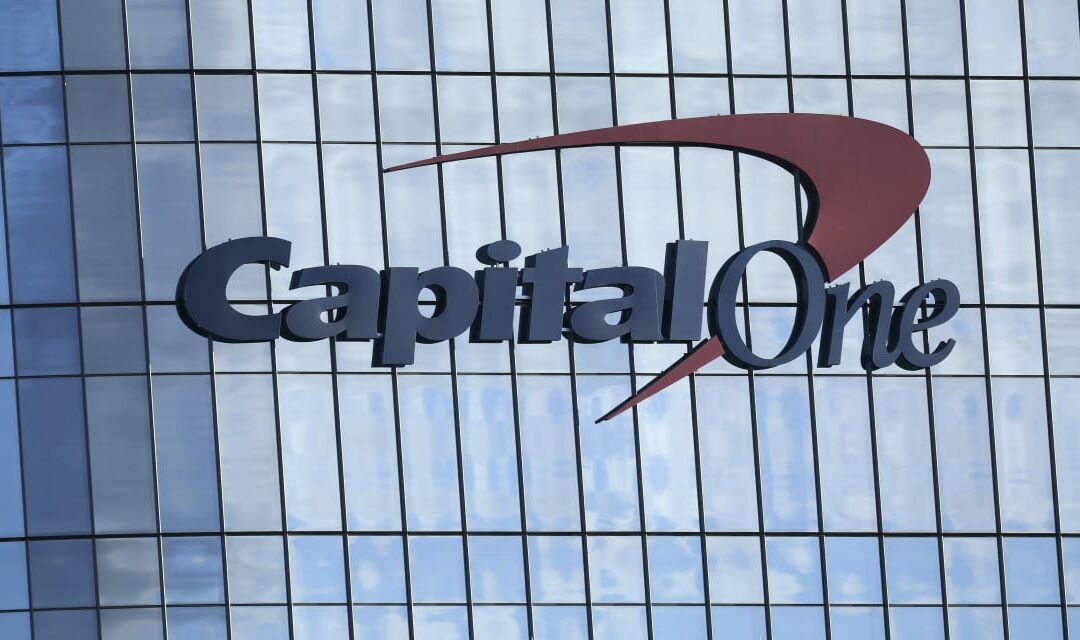Capital One Financial Corp. intends to purchase Discover Financial Services in an all-stock deal that one analyst notes would “effectively create the largest card issuer in the U.S.”
Capital One
COF,
announced the deal late Monday after various outlets reported that a transaction was near. Discover
DFS,
shareholders would receive 1.0192 Capital One shares for each Discover share, which would represent a more than 26% premium to Discover’s Friday close of $110.49.
The companies said the transaction is valued just upward of $35 billion.
“Our acquisition of Discover is a singular opportunity to bring together two very successful companies with complementary capabilities and franchises, and to build a payments network that can compete with the largest payments networks and payments companies,” Capital One Chief Executive Richard Fairbank said in a release.
That release calls out Discover’s “rare and valuable global payments network,” while noting that it’s still the smallest of the four U.S.-based networks. “This acquisition adds scale and investment, enabling the Discover network to be more competitive,” the companies said.
Piper Sandler’s Kevin Barker wrote in a late Monday note to clients that the deal would establish the combined company as the largest card issuer as measured by card loans outstanding, which he said was $257 billion. JPMorgan Chase & Co.
JPM,
has $211 billion, he said.
“In our view, this deal could drive significant value for both shareholders as it significantly increases the scale of [Discover’s] payments platform and effectively reduces the risk of a large reinvestment cycle for [Discover] via integration on the [Capital One] platform,” Barker continued.
At the same time, he noted that the deal was likely to face “significant” scrutiny from regulators “given we have not seen a bank merger of this size in several years, excluding forced mergers of failing banks.”
In light of that expected scrutiny and a “fairly long earnback,” he predicted Capital One’s stock would trade lower Tuesday. Capital One said it expected the transaction to be more than 15% accretive to adjusted earnings per share in 2027.
Jefferies analyst John Hecht was more upbeat about the regulatory picture.
“Timing and nature of regulatory approval is always a tough guess (esp. in an election year), but from a market share or asset class perspective, we don’t see major headwinds,” he wrote Monday.
Mizuho’s Dan Dolev highlighted that a combination of Capital One and Discover could pose some risk to Visa Inc.
V,
and Mastercard Inc.
MA,
Capital One “could seek to steer some card volumes to [Discover’s] rails to potentially save on network fees,” he noted prior to the official deal announcement. As it stands, he said that Capital One is the third largest issuer of Visa and Mastercard credit cards in the U.S., representing roughly 10% of domestic credit volumes.
He also saw the possibility that Capital One would look to take advantage of Discover’s debit network as a way to earn more interchange, as he noted that most of Discover’s debit transactions are exempt from interchange caps set forth by the Durbin amendment.









